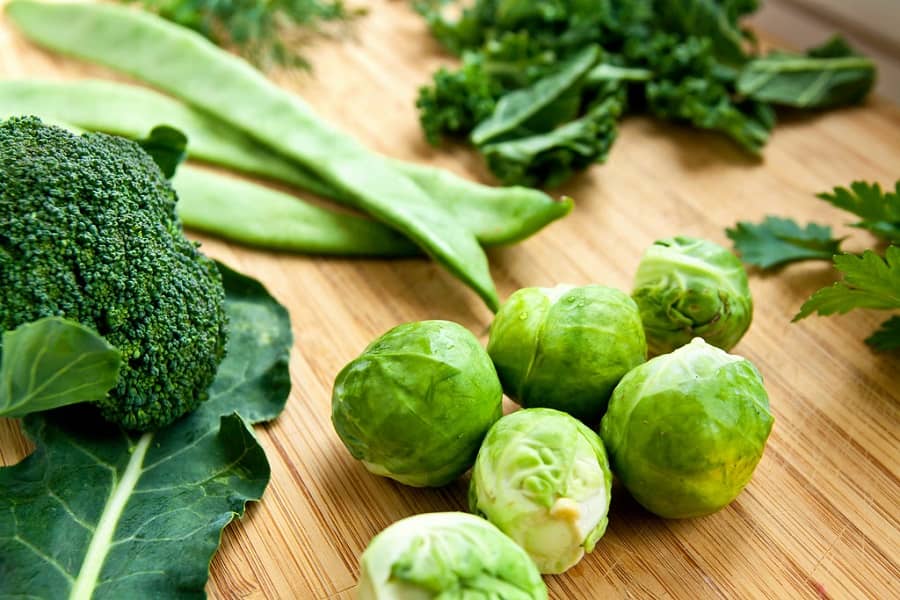In recent years, there has been a growing interest among consumers for organic and sustainable food options. One category that has gained significant attention is organic greens. From kale to spinach, lettuce to arugula, organic greens have become a staple in healthy diets. This article aims to explore the benefits of choosing organic greens over conventionally grown produce, the cultivation practices behind them, their nutritional value, consumer awareness and demand, as well as the challenges and opportunities in the industry.
Understanding Organic Greens:
Organic greens refer to leafy vegetables that are grown without the use of synthetic pesticides, herbicides, or genetically modified organisms (GMOs). They are cultivated using organic farming practices, which prioritize soil health, biodiversity, and sustainable pest management. By avoiding harmful chemicals, organic greens offer consumers a safer and healthier alternative to conventionally grown greens.
Cultivating Organic Greens:
The cultivation of organic greens follows strict organic farming standards. Farmers focus on building healthy soils through the use of compost, natural fertilizers, and cover crops. These practices enhance soil fertility, water retention, and nutrient content, resulting in more nutritious greens. Additionally, organic farmers employ sustainable pest and weed management techniques such as crop rotation, beneficial insect release, and manual weed removal to minimize environmental impact.
Health and Nutritional Benefits:
Organic greens are known for their high nutrient density. They are rich in vitamins, minerals, and antioxidants that support overall health and well-being. Studies have shown that organic greens can contain higher levels of certain nutrients compared to their conventionally grown counterparts. Furthermore, by choosing organic greens, individuals reduce their exposure to potentially harmful pesticides commonly found in conventionally grown greens, which may pose health risks.
Consumer Awareness and Demand:
As people become more conscious about their food choices, the demand for organic greens has surged. Consumers are increasingly aware of the benefits of organic farming practices, such as protecting soil quality and preserving biodiversity. They seek out organic greens for their superior taste, freshness, and nutritional value. Locally sourced and organic greens are particularly favored, as they support local farmers, reduce carbon footprint, and contribute to sustainable agriculture.
Challenges and Opportunities:
While the demand for organic greens is rising, the industry faces challenges. Organic green farmers and producers must navigate complex certification processes and adhere to strict regulations to maintain organic status. Additionally, there is a need for further research and innovation in organic pest management techniques, as well as infrastructure development to meet increasing demand. However, these challenges also present opportunities for growth, investment in sustainable practices, and the development of new markets for organic greens.
Incorporating Organic Greens into Daily Diet:
Incorporating organic greens into daily meals is easier than ever. From salads and smoothies to stir-fries and wraps, the versatility of organic greens allows for creative culinary exploration. Recipes and cooking tips can help individuals make the most of their organic greens, adding flavor, color, and nutrition to their dishes. By incorporating organic greens into their diets, individuals can not only enjoy delicious meals but also contribute to a more sustainable food system.
Conclusion:
The rise of organic greens reflects a growing awareness of the benefits of organic and sustainable agriculture. By choosing organic greens, individuals prioritize their health, support environmentally friendly farming practices, and contribute to the overall well-being of our planet. As consumer demand continues to drive the industry forward, the future of organic greens looks promising, with opportunities for innovation, investment, and a healthier, more sustainable food system. So, why not embrace the power of organic greens and cultivate a healthier future for ourselves and the environment?



